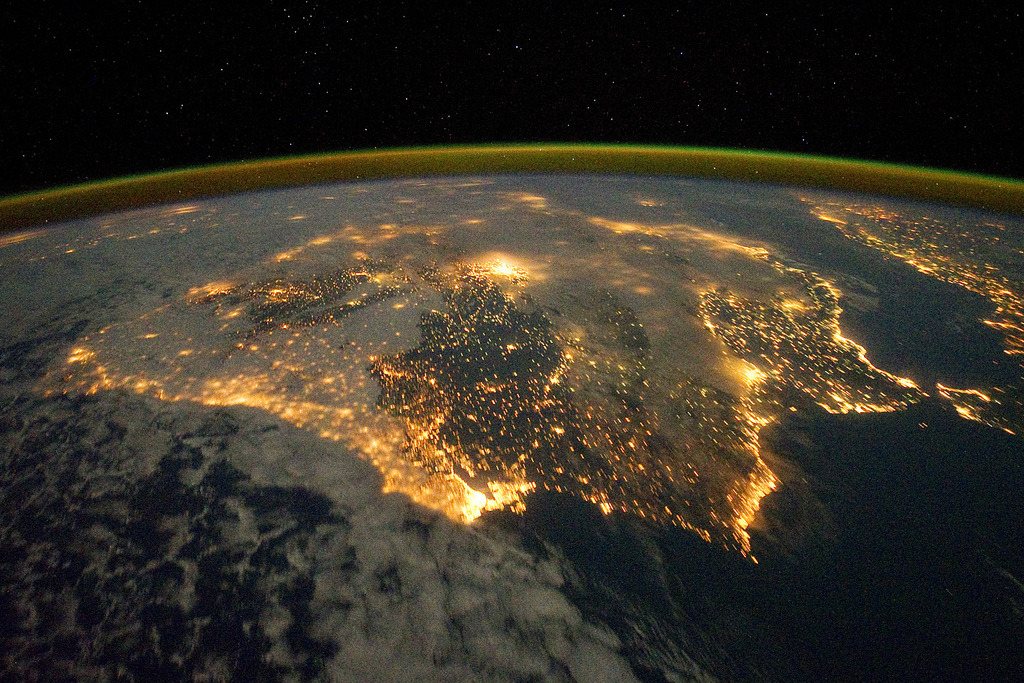The chairman of the European Energy Research Alliance (EERA) says Europe – and the world – will have to step up research spending on renewable energy to have any hope of hitting 2050 climate change targets.
EERA’s Nils Røkke told pv magazine the EU’s Strategic Energy Technologies (SET) plan is a step in the right direction but much more needs to be done at a European level to avoid duplication of research among national institutions based in the political bloc’s member states.
“The [European] commission has asked stakeholders including industries, member states and research institutes to come up with targets on cost, size, footprint, etc, in 14 technology areas,” said Mr. Røkke, “and they have come up with targets. After the declaration of intent made this spring, there are implementation groups operating, in areas like PV, for instance. They are trying to coordinate research and coordinate between centers how to deploy [technologies], what learning will happen etc.
“The SET program is a commendable program but, that being said, it is a hard exercise. How can small money from the commission direct what Germany will do in terms of investing billions of euros? What it can do is ensure a coordinated effort at a European level. But the implementation working groups won’t succeed single-handedly, so we need extra instruments at a European scale.
Less than 2% of public R&D is devoted to climate change
“Here at EERA, we are fighting for that all the time. A number of [EU] member states think that it’s a good idea, but others can’t appreciate why it is needed.”
Not surprisingly perhaps, the EERA chairman – who is also sustainability director for the SINTEF Energy Research group, based in Trondheim, Norway – suggested his European research organization would be well-placed to manage a more coordinated European approach to renewable energy R&D.
Popular content
“Research activity in this field has to be increased,” added Mr. Røkke, who mentioned the laboratory-led advances being made in increasing solar cell efficiency and in incorporating solar cells in materials and on electric vehicles among the leaps forward being made by researchers under the EERA banner. “If you look to the public R&D spend for clean energy on a global scale, it’s just below 2%. This is a bit strange, it seems to me, given the pressing nature of climate change.
‘Let’s get moving on a European scale’
“The Mission Innovation initiative started at COP21 [in 2015] aimed to double the spending effort from 1.8% to 3.6%,” said Mr. Røkke, of the proportion of global, publicly-funded R&D activity devoted to clean energy research. “But given the pace we need now, you cannot do with single-digit R&D spending and still think you can reach net-zero [carbon emissions] by 2050.
“The commission should mobilize support centers to a pan-European level, and then supply funding to connect those centers.”
The EERA chairman will attend the COP24 climate change meeting that started in Katowice, Poland this morning, to issue his appeal for a more coordinated approach to research, and told pv magazine voters around the world who are cynical about climate change policies need to be given a more positive argument.
“It’s not about the doom and gloom message, with people saying we’re going into Armageddon in 50 years,” he said. “What we need to do is tell the positive story about a better world, health, contract with future generations, competitiveness, jobs and growth.”
This content is protected by copyright and may not be reused. If you want to cooperate with us and would like to reuse some of our content, please contact: editors@pv-magazine.com.



1 comment
By submitting this form you agree to pv magazine using your data for the purposes of publishing your comment.
Your personal data will only be disclosed or otherwise transmitted to third parties for the purposes of spam filtering or if this is necessary for technical maintenance of the website. Any other transfer to third parties will not take place unless this is justified on the basis of applicable data protection regulations or if pv magazine is legally obliged to do so.
You may revoke this consent at any time with effect for the future, in which case your personal data will be deleted immediately. Otherwise, your data will be deleted if pv magazine has processed your request or the purpose of data storage is fulfilled.
Further information on data privacy can be found in our Data Protection Policy.